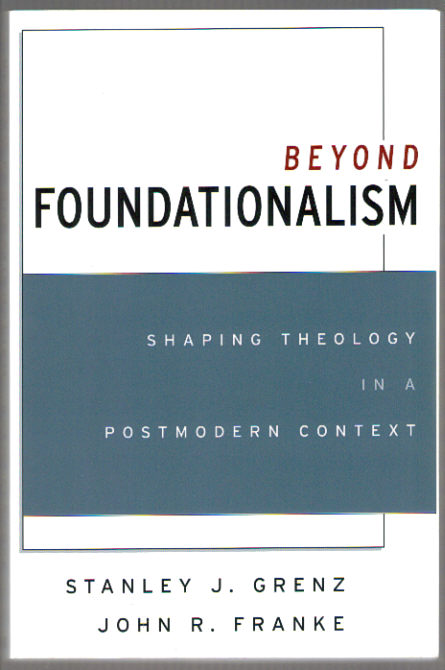
I left off a few days ago talking about my favorite spot… within the pages of a really good book. At least one person took issue with my “spot” not being a more substantial location. Like I said at the outset, I felt like the question was vague enough for whatever creative license a person felt inclined to exercise. So maybe my spot is really an activity. My activity might end up being a spot. No need to split hairs.
Plus, as I sometimes have to point out, I do whatever I want around here.
Like write about boring theology books. Which brings me back to my recent favorite “spot”. Here it is…
You might be tempted to jump to at least two conclusions about this book based on the cover and title alone.
First, you might think that what you will find on the inside is some pretty heady stuff. And you would be right. As usual, I make no apologies for books written on a college (or perhaps in this case graduate school) reading-level. It is ok to every now and then read books that are a little ahead of us. It doesn’t necessarily mean they are good. Or that they are even “right”. It does mean we’ll need to work a bit more. And that’s ok. There’s a reason that the Harry Potter series was a best-selling phenomenon, and that this one, well… isn’t.
One could also be lead to believe that because of the above statements that the book is cold and lifeless. On that count, you would be dead wrong. This book spans the gamut… How we engage culture? What does it mean for the Spirit to speak through the text? The importance of community? How our destiny informs our present? Of course, it does so in an attempt to answer the question suggested in the sub-title.
“How does one engage in doing theology in a post-modern world?”
I can tell that you aren’t sold. Let come at it a different way.
Have you ever been suspicious of the certainty that some religious people/institutions/organizations exhibit when it comes to explaining “truth?”
If you answered “yes” (and let’s be honest, you most likely did), then that “certainty” with which you have a problem is what this book calls foundationalism. And that “suspicion” of yours more or less demonstrates that you are most decidedly a “post-modern” person… whatever that is.
I can see we are getting nowhere fast, so let’s wrap up with a few choice quotes…
“Disengagement from the objectified world formed the foundation for the modernist ideal – namely, individual autonomy – understood as the ability to choose one’s own purposes from within oneself apart from the controlling influence of natural and social forces and hence to create one’s own identity or self.”
And…
“The contemporary acknowledgment of the relationality of personal identity suggests that the divine image is a shared, communal reality. It implies that the image of God is fully present only in relationships, that is, in ‘community’… the doctrine of the Trinity asserts, throughout all eternity God is ‘community’ … According to the New Testament, the focus of this image-bearing function is humans-in-relationship but, more specifically, the church as the foretaste of the new humanity … Only in community can we truly show what God is like, for God is the community of love, the eternal relational dynamic enjoyed by the three persons of the Trinity.”
For some, this might sound more than a little familiar. I may have shared a thought or two along these lines last Sunday.
But to get to the goods, one occasionally has to work through slightly denser material. Like this…
“The Christian tradition is comprised of the historical attempts by the Christian community to explicate and translate faithfully the first-order language, symbols, and practices of the Christian faith, arising from the interaction among community, text, and culture, into the various social and cultural contexts in which that community has been situated.”
Well, there’s more. So very much more. But at this point, I would recommend that you just take it up and read it for yourself.
P.S. I would be remiss if I didn’t share that this book was given to me nearly ten years ago by a student in the youth ministry I helped lead in Seattle. So Jeff, a heartfelt ‘thanks’ goes to you for putting such a wonderful book into my hands. It has been a breath of fresh air.
P.S.S. Stan Grenz (one of the authors) unexpectedly passed away a few years back. Nevertheless, he was fairly prolific and managed to write more than a few books during his lifetime. If the two or three that I’ve read are any indication of the quality of the others, I imagine that they are all good.

